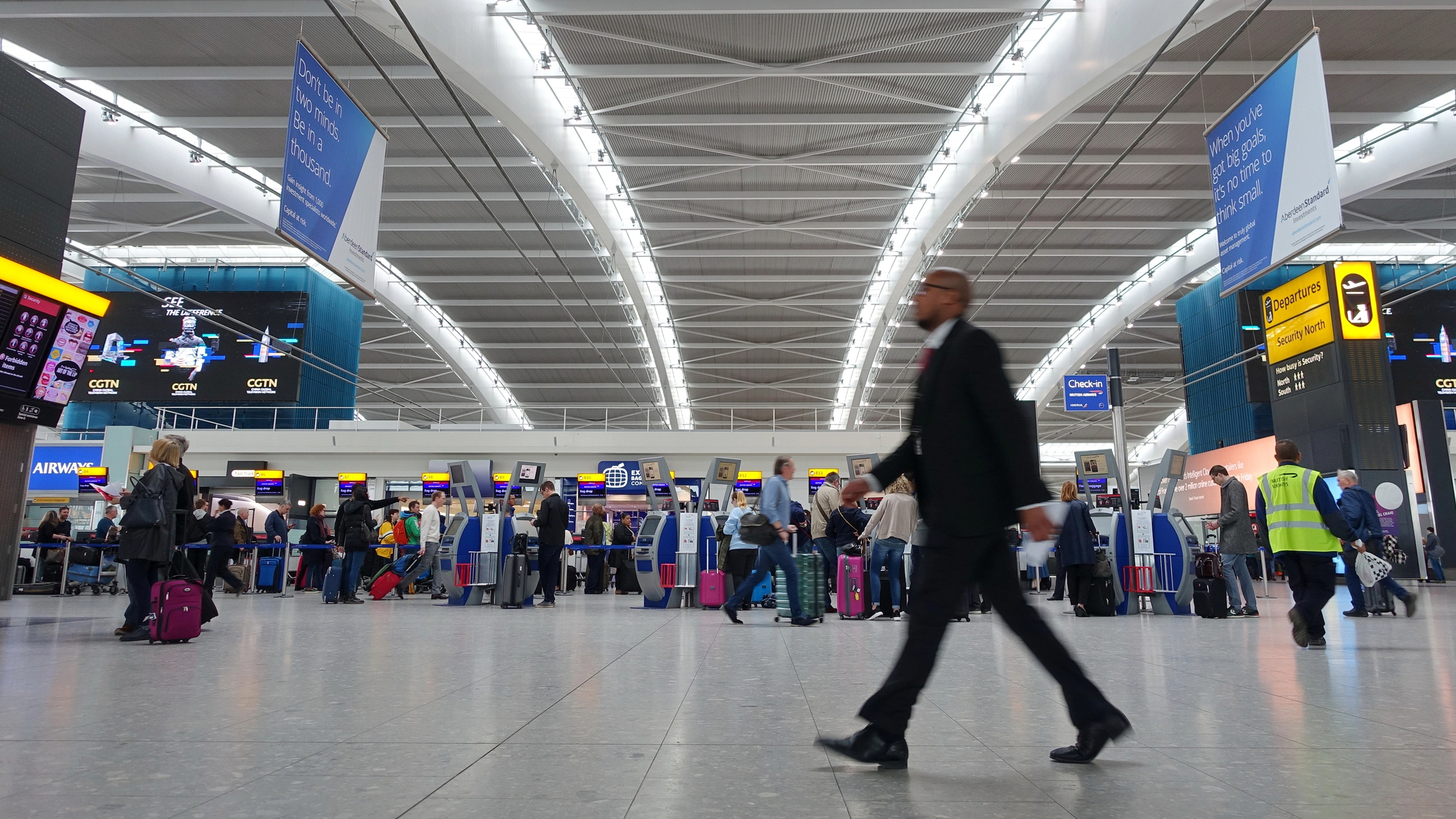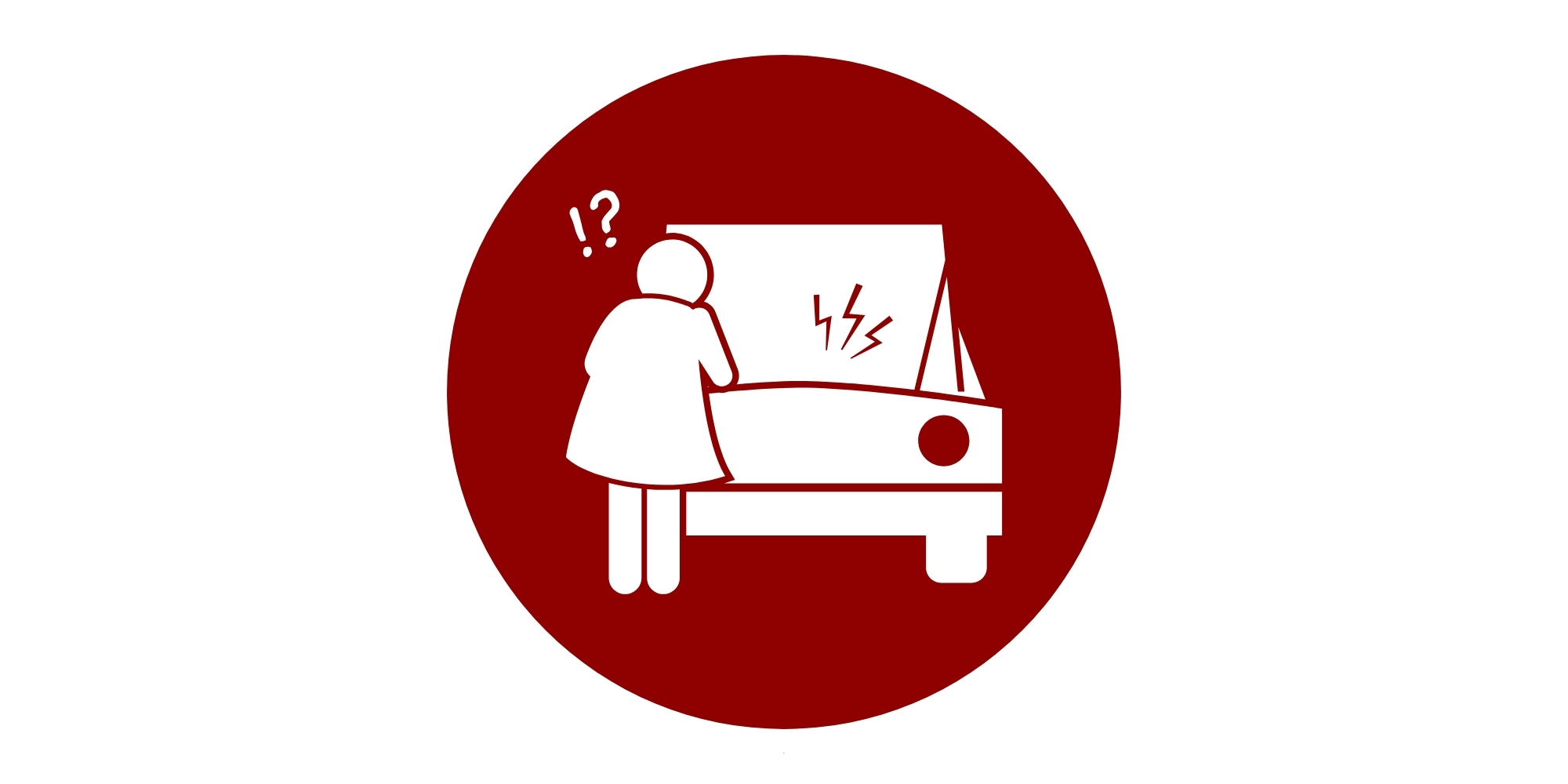Major European Airports Hit by Cyberattack on Check-in Systems
Check with your airline before travelling if you have upcoming flights.

A cyberattack on Collins Aerospace has disrupted check-in and boarding operations at major European airports including London Heathrow, Brussels, and Berlin, forcing staff to revert to manual systems and causing widespread delays and cancellations today.
The incident, which occurred on Friday night, has affected the company's MUSE software used by multiple airlines across Europe. Brussels Airport reported severe schedule disruption, while Berlin warned passengers of longer waiting times and Heathrow advised travellers to check directly with airlines before departure.
Collins Aerospace, part of RTX Corporation, confirmed the breach in a statement to Reuters:
"We have become aware of a cyber-related disruption to our MUSE software in select airports. We are actively working to resolve the issue and restore full functionality to our customers as quickly as possible."
The company added that the impact is limited to electronic customer check-in and baggage drop systems, which can be mitigated through manual operations.
Brussels Airport provided the most detailed update, explaining:
"There was a cyber attack on Friday night 19 September against the service provider for the check-in and boarding systems affecting several European airports including Brussels Airport. This means that at the moment only manual check-in and boarding is possible. This has a large impact on the flight schedule and will unfortunately cause delays and cancellations of flights."
Heathrow Airport described the situation as a technical issue that "may cause delays for departing passengers," while Berlin Airport reported "longer waiting times at check-in" due to the Europe-wide system provider problem.
Cork Airport has not yet issued any statement confirming whether operations at the county's main airport are affected by the Collins Aerospace disruption. The Dublin Airport Authority, which operates Cork Airport, has not responded to queries about potential impacts on Irish services.
George Foley, ESET Ireland spokesperson, highlighted the vulnerability of aviation supply chains:
"When the supply chain is attacked in the aviation industry, the disruption hits on a damaging global scale. Since the outage stems from a third-party provider for check-in and boarding systems, it shows how a single point of failure can ripple quickly across multiple countries, causing widespread problems."
Irish passengers, particularly those connecting through affected European hubs, are advised to check flight status directly with their airlines before travelling. Given the manual processing requirements, passengers may face longer check-in times even at unaffected airports.
The incident demonstrates the fragility of modern aviation infrastructure, where a single technology provider can impact operations across multiple countries simultaneously. Airlines and airports are working to minimise disruption while the service provider addresses the security breach.
For cybersecurity guidance, ESET Ireland can be contacted on 053 914 6600 or at www.eset.ie.
